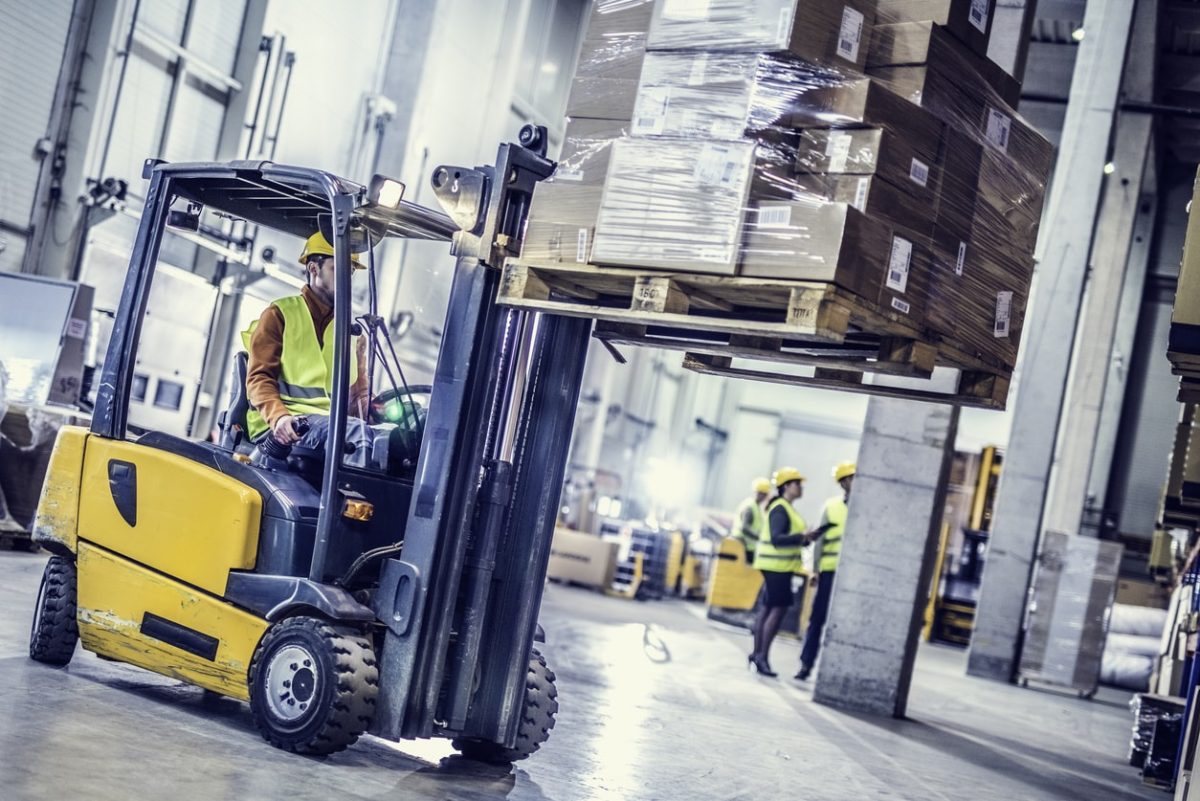
No one wants to think about accidents happening to them. Unfortunately, no one can predict the future. That’s why it’s so much better to stay safe and avoid being sorry. Although the Occupational Safety and Health Administration (OSHA) has enforced strict forklift provisions since 1999, not every accident can be prevented. In order to prevent as many accidents as possible, knowing what practices are best for forklift safety in the workplace is crucial.
It’s not just about having a comprehensive staffing insurance program that includes workers’ compensation insurance coverage. According to Toyota Forklift, there are 100 forklift-using employees killed annually. The accidents that happen sometimes are more common than you think. If an employee knows what to do when things go south, the situation can be controlled easier.
Important Statistics to Know
Over 100,000 accidents happen a year. Not all of them are fatal. 24 percent of forklift accidents are rollovers. And 42 percent of fatalities happen because the tipped forklift ends up crushing the driver.
Knowing what to do in these kinds of situations can make the difference between life and death. A forklift is heavy; it’s not going to just tip over on it’s own. 25 percent of those that are crushed happens between the forklift and a wall.
Another eight percent are crushed by material that falls off the forklift. It’s not always about the vehicle becoming the weapon. The material it is carrying can also become dangerous fast. In fact, jumping off the forklift can also be dangerous.
Four percent of workers fall from a platform. When keeping these statistics in mind, the safety practices that follow make sense.
Best Practices for Workplace Forklift Safety
- OSHA recommends that all forklift drivers are over the age of 18.
- A comprehensive, consistent training booklet and program will help prepare new employees and future employees for a situation.
- A forklift is going to have capacity limits. It’s good to know them. When you don’t, that’s how accidents transpire. Having flyers around with the weight capacities can be really help for many. No one is going to memorize everything.
- Forklifts have buzzers and beepers on them to warn others for safety, but the sound is distinct. Train employees to listen for it.
- Whoever isn’t operating the forklift needs to stay a safe distance away.
- Forklift drivers should always drive slow and cautious. Being mindful of the road is absolutely crucial.
- There should never be any debris or other material blocking open areas. Forklifts can’t maneuver the greatest if something pops out in front of it.
- Regular inspections help keep everyone safe and keeping the staffing workers’ compensation insurance as a safety net.
About World Wide Specialty Programs
For the last 50 years, World Wide Specialty Programs has dedicated itself to providing the optimal products and solutions for the staffing industry. As the only insurance firm to be an ASA commercial liability partner, we are committed to that partnership and committed to using our knowledge of the industry to provide staffing firms with the best possible coverage. For more information about Staffing Professional Liability Insurance or any other coverage, we have available to protect your staffing business, give us a call at (800) 245-9653 to speak with one of our representatives.


